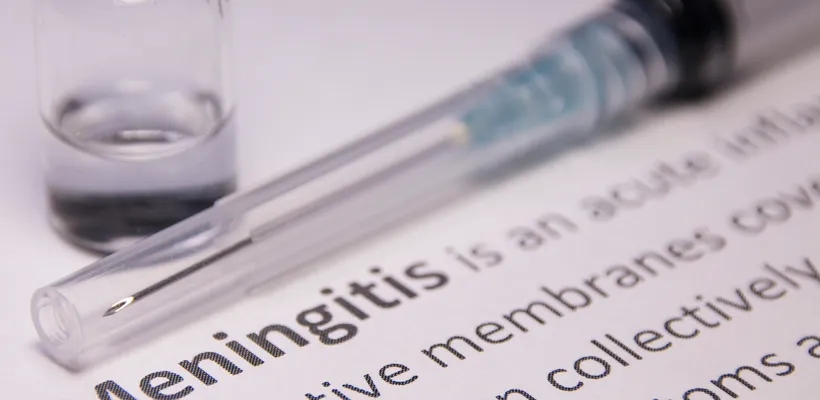
Published: 17th September, 2015 in: Conditions Health Advice News Pulse
14th – 20th September 2015 is Meningitis Awareness Week. In the UK, around three in every 100,000 people will contract Meningitis every year. This doesn’t sound much, but meningitis can be a very severe illness.
What is Meningitis?
Meningitis is an infection that causes an inflammation of the lining around the brain and spinal cord which can cause damage to the nerves and brain.
Viral meningitis is very rarely life threatening and the majority of people quickly make a full recovery. Many of the symptoms of Meningitis are similar to flu, which can make it difficult to diagnose. It is caused by viruses that can spread through coughing and sneezing.
Bacterial meningitis is more serious and can be caused by a number of different bacteria. If the infection is left untreated it can cause severe brain damage and can infect the blood which can lead to Septicaemia.
In the UK and Ireland the majority of meningitis infections are caused by meningococcal bacteria, and need rapid and effective treatment.
It can be difficult to distinguish between viral and bacterial meningitis, so if you think you may have symptoms is it important to immediately seek medical help.
Symptoms of Meningitis:
Not all symptoms will develop in each infection, but they can include:
In babies and toddlers there can be additional symptoms such as refusing food, rapid breathing or grunting, unusual crying and moaning as well as a dislike of being handled.
Treatment:
Patients with viral meningitis will usually get better within a couple of weeks, with plenty of rest needed as well as painkillers for the severe headaches and anti-sickness medication for the vomiting.
Bacterial meningitis is treated with antibiotics. Patients will need to be admitted to hospital, with serious cases needing to be treated in an intensive care unit.
Protecting against Meningitis:
There has been a rise in cases of meningitis and septicaemia, so from August 2015, all 17 and 18-year-olds in school year 13 and first-time university students up to the age of 25 will be offered the Men ACWY vaccine as part of the NHS vaccination programme. The Men ACWY vaccine protects against four different causes of meningitis and septicaemia – meningococcal (Men) A, C, W and Y diseases. – Source: http://www.nhs.uk/Conditions/Meningitis/Pages/Introduction.aspx
Useful Links:
http://www.nhs.uk/Conditions/Meningitis/Pages/Introduction.aspx